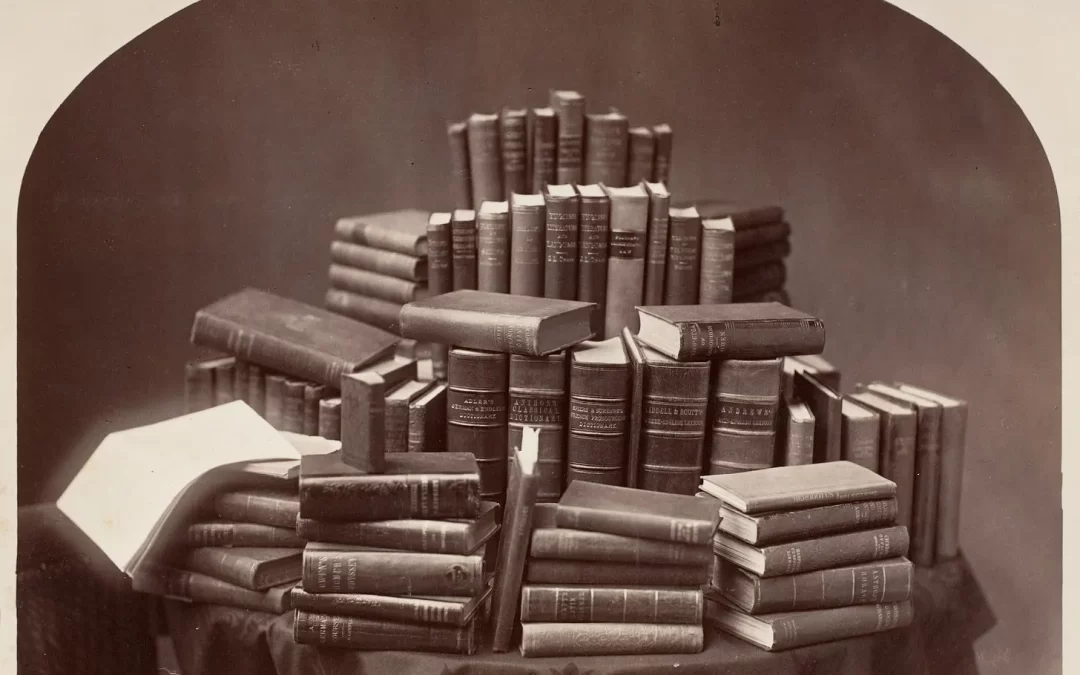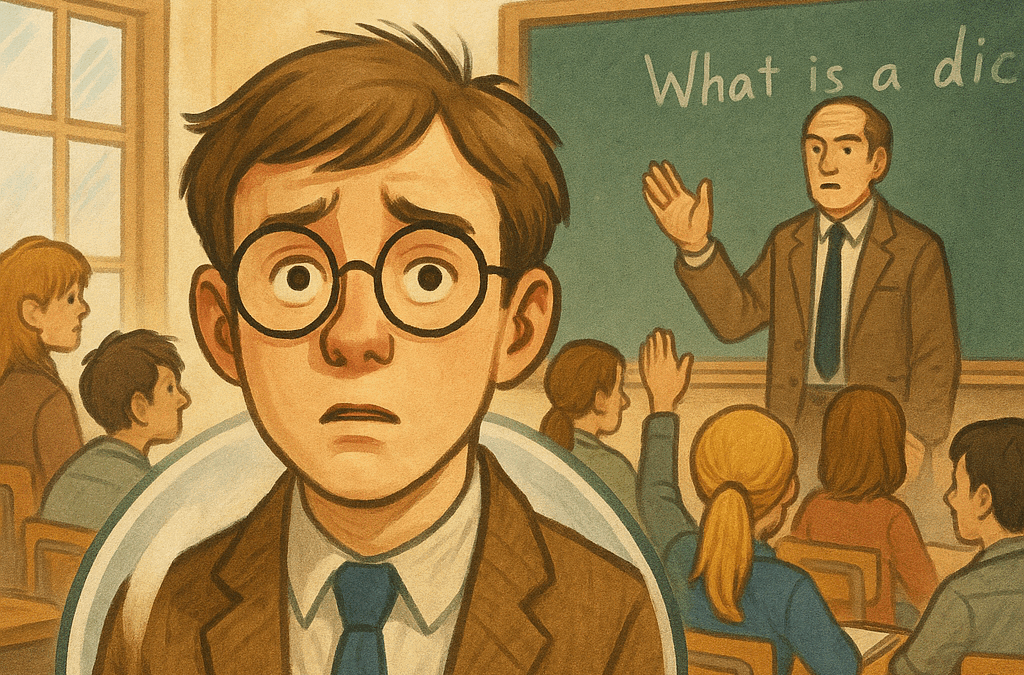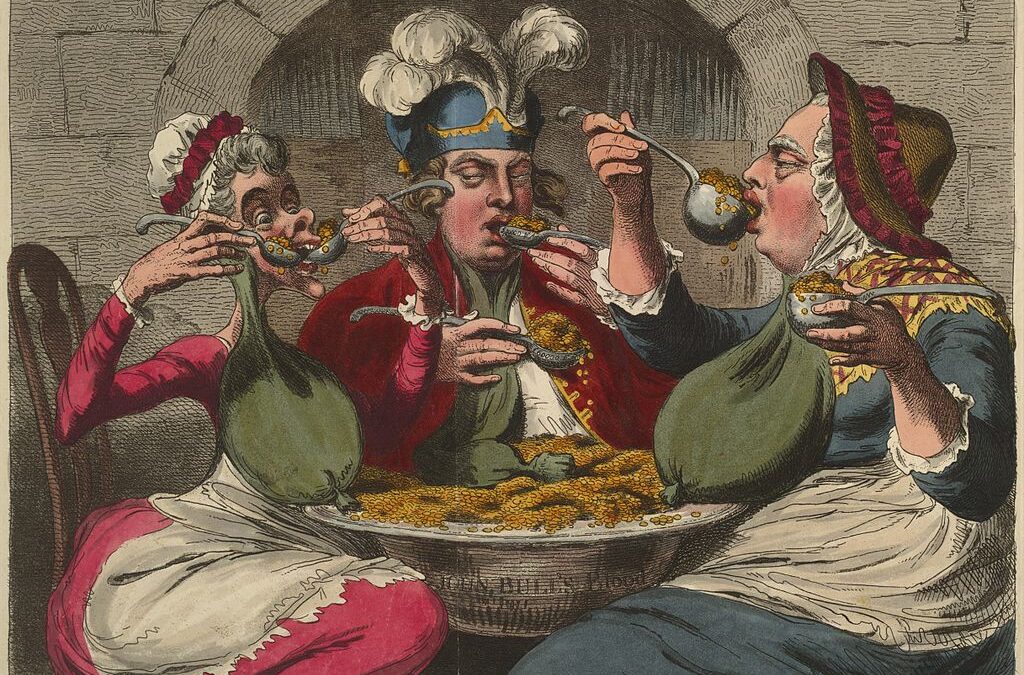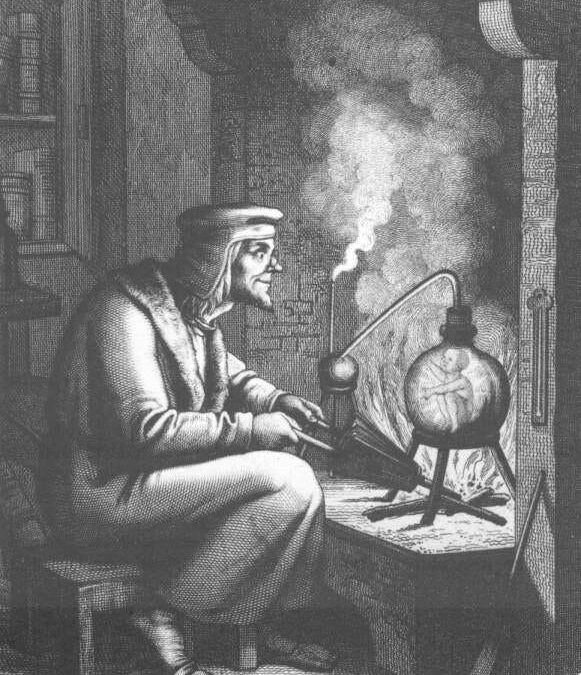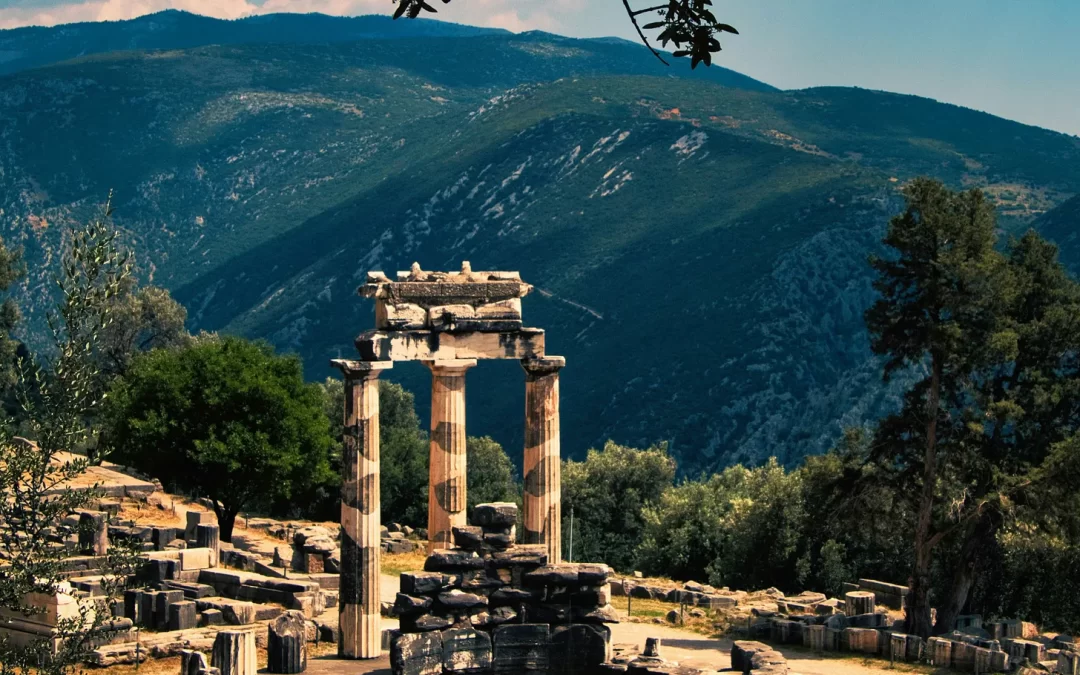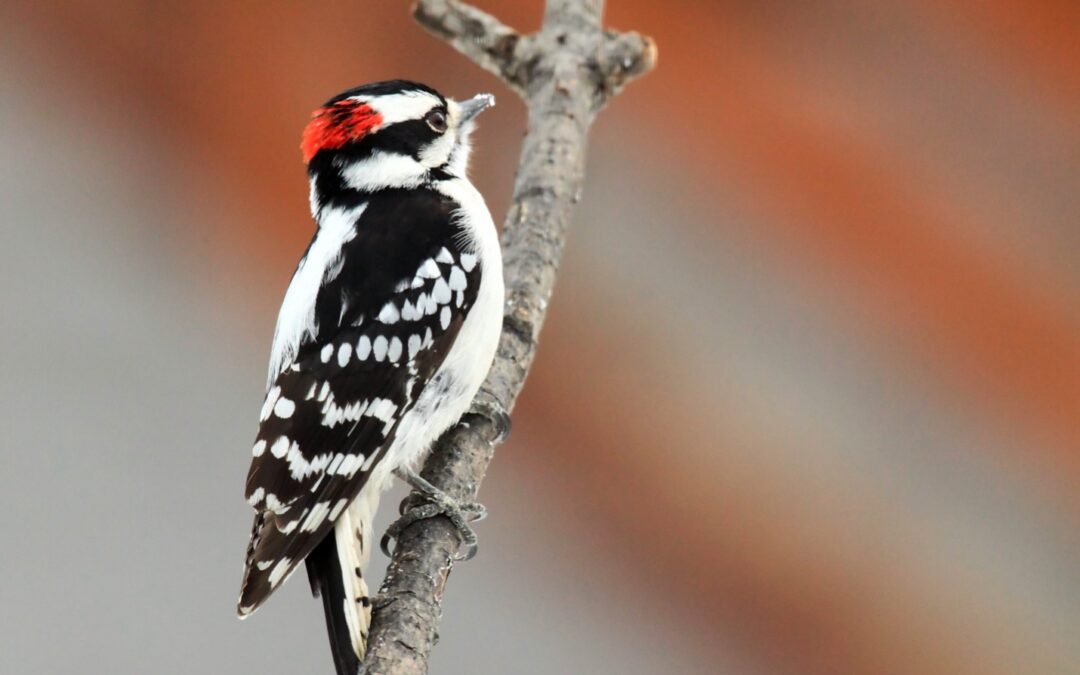So we beat on, boats against the current, borne back ceaselessly into the past.
–F. Scott Fitzgerald, The Great Gatsby
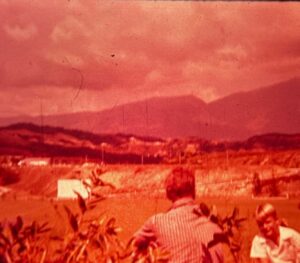
I have often wondered why it is that some slight and unremarkable memories remain strongly embedded in our waking consciousness while others apparently more memorable are quickly buried, if not forgotten. Yet we possess these latter hidden memories as much as we possess the forgettably banal ones. They each come to us unbidden from time to time in dreams, or are perhaps more often prompted by the discovery of a faded photograph, or a chance meeting with a long-lost acquaintance. Experience teaches us that memory and reason have little to do with one another. While we mistakenly believe that we possess memory, albeit one that fails as we age, it is more accurate to say that we are ourselves involuntarily possessed by it, ‘borne back’ to it, in Nick Carraway’s words at the end of Fitzgerald’s great novel; we are manacled to it, as we are, each of us, captive to our own unreliable witness to past events.
My name is Edward Mason, an adopted surname of convenience, but not by my own choice. Yet I prefer it to Eduard Marek, my name at birth, and am still Eduard in my shadow self, so to speak, though I often forget this, as I am a hostage to my own past, as we all are to some extent ourselves, and yet I am a mystery even to myself. Perhaps we all are mysteries to our own selves, if each for very different reasons.
The whiff of a distinctive odour, instantly and forever associated for us with a particular time and place, or a snatch of familiar music heard above the hubbub of a crowd of strangers, can trigger the memory of an experience so intense that we marvel to have forgotten it. The taste of a madeleine dipped in tea abruptly re-awakened his childhood for the narrator of Proust’s Remembrance of Things Past. The smell of diesel fuel vividly recalls to me my first bus ride on a double decker in the rain of an autumn twilight. I can never hear the moody clarinet of Acker Bilk’s Stranger on the Shore without recalling my own exile from my childhood home with a painful joy, though years have passed, and that home is thousands of miles away. It is understandable that we should seek to suppress memories of traumatic or painful events, shutting them away in a dark vault where we would prefer not to venture, and retain in a handy top drawer of our minds pleasant memories of holidays and personal achievements, of the face of a beloved friend or relative, or of a place forever radiated with happy souvenirs. But there are some few curious events in our past that recur unsummoned from the depths of memory, in quiet moments, for some inscrutable purpose, and these defy such easy categorization. We cannot always connect the dots, and sometimes prefer not to. The following is one of these.
I must have been six or seven years old then, surely no older, yet I remember that day vividly, now decades in the past. The essayist Richard Church once wrote that childhood memories recur unexpectedly and suddenly, ‘like a door suddenly slammed by the wind in the distant wing of an old house’. I was on the playing-field of the sports club to which we then belonged in Canaima. It was located in a shallow valley below a rambling clubhouse set with bougainvillea, hibiscus and other tropical foliage, and perched on a low rise reached by the gentle incline of an access road that encircled it like a girdle. This low plateau, on the other side of which lay beneath it an expanse of tennis courts, a huge swimming pool and a children’s paddling pool, with changing rooms below them and a refreshment kiosk beyond, was the social centre of the club’s community, but it was itself dwarfed by a rocky escarpment that all but encircled the entire valley, running around three sides of the playing-field, and conveying heavy truck traffic on the rough road that ran along its back to its summit and beyond. Trucks carrying concrete pipes from an industrial development on the other side of the escarpment would each descend the slope by downshifting noisily, using the engine to slow its progress. When one of the drivers, perhaps always the same one, glimpsed a game of futbol or beisbol , but never cricket or field hockey, in progress on the playing-field below, he would often sound his airhorns apparently in approval, and we would hear the opening bars of La Cucaracha. That day was a Saturday and there was no traffic on the road. A hush lay upon the little valley.
But for the three of us, and a groundskeeper busy pottering about in the field-house nearby, the club was deserted. The parking lot at such an early hour in the morning was empty except for the vehicle that had brought us there. It was a blue Triumph TR-3, a two-seater sports car into whose cramped parcel compartment behind the seats I had enthusiastically clambered for the thrilling open-air ride there along twisty back roads. Its driver was a handsome, cheerful young Englishman my father had befriended; the two of them played field hockey for the club, and had recently returned from a tournament in Curacao, where they had played an assortment of Dutch and English teams from an informal Caribbean hockey league. The islands were in those days mostly European colonies. The Englishman, whose name I may never have known, was reportedly the most eligible bachelor on the club register, and turned heads among female members, but was never seen with a girl-friend. He and my father had come to the club for some purpose unfathomable to my young mind, perhaps for some ‘man talk’ away from prying female eyes. I got to go along for the ride. I was one of the boys.
We walked to and then across the playing-field, with me skipping along behind deliriously happy. The sun shone and macaws squawked in the monte behind us. The araguaney tree shading the steps from the parking lot was in flower, bright yellow in its glory against a sky of serene blue. All around us were the cries of the ubiquitous kiskadee, called the Cristofue here: it is a yellow-breasted flycatcher whose English and Spanish names both give an indication of its unmistakable three-syllable call: ‘Cris-to-fue ! Cris-to-fue!’ It would be very hot by the afternoon. We reached the far end of the field where the two men sat down on an improvised bench made from a fallen tree, in the lee of the escarpment behind us. They continued talking animatedly to each other, oblivious to my presence. I was quite happy to be ignored. I was one of them, suffused with a feeling of sublime well-being, a satisfaction at being there with them rather than at home with my mother and younger sisters. I was one with the Men.
A white goalpost lay on its side behind the bench. I walked back and forth along the goalpost’s three-sided length, balancing precariously with arms held out on either side, one foot placed carefully in front of the other, pretending that a misstep would be fatal, as there were, I told myself, sharks in the water on either side. As it was, my shadow, lying across this sea of grass, was in mortal peril from them. It was hard to concentrate simultaneously on the dialogue between my father and his friend, which I little understood at the time anyway, and on the sharks at my feet. I could not do both well, so I attended to the more obvious danger. I vividly recall the manly aromatic smell of pipe tobacco, the earnest tone of the conversation between the men leavened by a certain comradely banter, the younger man’s enthusiastic hand gestures, and his impeccable educated accent. When he winked at me, I knew I belonged. They were discussing earnestly what needed to be discussed, no doubt setting the world to rights, away from domestic drudgery and female fussing. Tamas Marek, (my father, alias Tommy Mason), who had always been, and remained, a remote, sternly austere presence in my life, a figure to be respected and obeyed rather than loved, had relaxed his severity of demeanour and permitted me to see him in casual adult conversation. I cherished my possession of that moment, and knew then that I would always remember it. There would never be another like it.
Of the Englishman, I can only recall his beautiful car, his pipe, his occasional ruffling of my hair, and his friendliness. I never saw him again. I heard some time later that he had been driving home from the club one dark night when his Triumph crashed into the back of a garbage truck parked without lights in the middle of the road. The pipe he had been smoking was rammed by the force of the impact into his throat, and he died instantly.
The drama of his departure did not disturb my memory of the apparently carefree comradeship I had been permitted, albeit so very briefly, to share with my father, who had never spent time with me alone. After all, I was then a child; the young man had been a stranger. Yet years after the deaths of both my parents, I came across a curious reference to a ‘visitor’ from England, a hockey player identified only as ‘James’, in the diary my mother kept at that time. Although the evidence is tenuous, even ambiguous, it appears she might have had a brief liaison or affair at the club with this unidentified man. If such an indiscretion took place, it can no longer be confirmed or denied, as all the witnesses are long dead. I sometimes wonder if that conversation on the playing-field that day was related in some way to this revelation in the diary. And I know I will never know.
But that way madness lies. Life is too short for pointless speculation in the hopeless watches of the night. If we must be possessed by our memories, let it be by those of sunlight and clarity and trust, and not those of shadowy suspicion. T.S. Eliot’s words are apposite here: “Midnight shakes the memory as a madman shakes a dead geranium.” The past devoid of clarifying context is indeed a dead geranium. Only a madman would seek to shake sense out of it.
Peter A. Scotchmer

